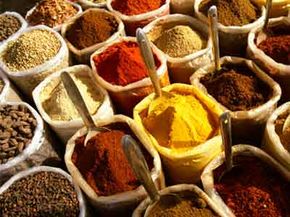Ever wonder why you hated broccoli as a kid but now eat every spear on your plate? The answer: the evolving palate.
We are born with more than 10,000 taste buds in our mouths, with most of them on the surface of our tongue. Those taste buds are housed inside papillae -- those bumps you see when you stick out your tongue in the mirror. Within those taste buds are 50 to 100 taste cells with receptors that detect whether you're eating and send that information to your brain.
Advertisement
As we age, we have fewer and fewer taste buds, and those we have become less sensitive as the nerves that send taste signals to our brain wear out over time. So, the bitterness in broccoli that may have made us push our plates away as kids doesn't send as many strong signals to our brains in adulthood. Plus, scientists have found some children have a genetic predisposition to being more sensitive to bitterness in certain foods, including vegetables.
But that doesn't mean these so-called "sensitive tasters" will never eat broccoli again. Taste is comprised not only of those little buds on your tongue, but also smell, texture, temperature and even psychology -- memories you associate with certain foods. Read on for tips on how to boost your ability to enjoy not just broccoli, but every bite you eat.


